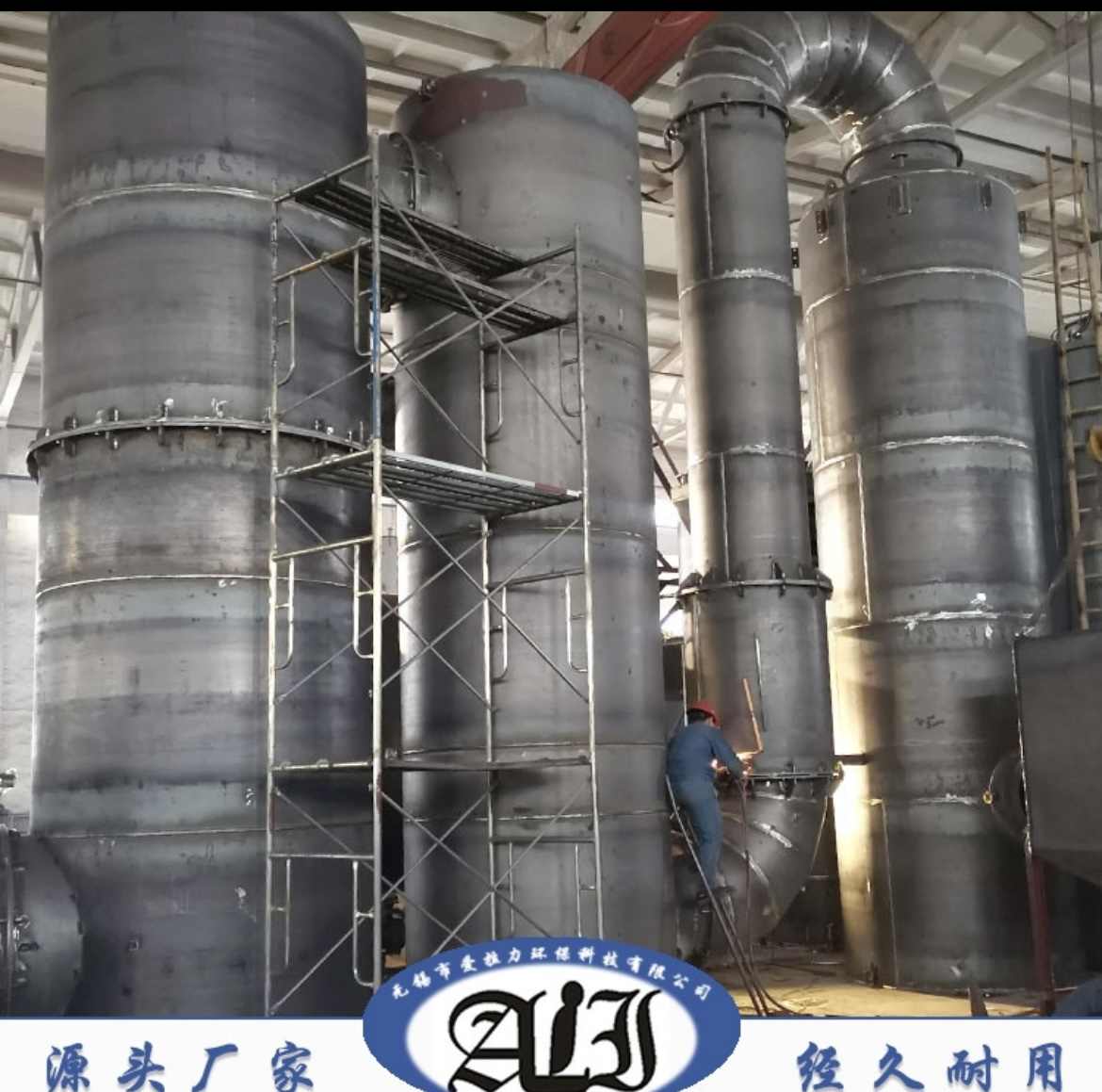At Airali, we specialize in the manufacture, sales, and engineering installation of incinerators and waste disposal equipment. As one of the earliest domestic enterprises engaged in the incinerator industry, we understand that selecting the right incinerator is crucial for effective waste management and environmental protection. Here’s a guide to help you choose the right incinerator for your specific needs.

1. Assess Your Waste Type
The first step in choosing an incinerator is to identify the type of waste you need to dispose of:
- Solid Waste: If you are dealing with general solid waste, a solid waste incinerator may be appropriate.
- Medical Waste: For hazardous medical waste, consider a medical waste pyrolysis furnace designed to handle biohazardous materials safely.
- Organic Waste: If your focus is on organic waste, look for organic waste gas thermal incinerators or catalytic incinerators.
Understanding the nature of your waste will guide you toward the most suitable type of incinerator.
2. Determine Capacity Requirements
Consider the volume of waste you generate:
- Daily Waste Volume: Calculate how much waste you produce daily to determine the required capacity of the incinerator.
- Peak Loads: Account for any peak periods where waste generation might increase, ensuring your chosen model can handle these fluctuations.
Choosing an incinerator with adequate capacity will prevent operational bottlenecks.
3. Evaluate Emission Control Features
Environmental regulations require strict adherence to emission standards:
- Air Pollution Control: Look for incinerators equipped with advanced air pollution control systems to minimize harmful emissions.
- Compliance Standards: Ensure that the incinerator meets local and international environmental regulations, such as NIST or DoD compliance.
Choosing an incinerator with robust emission control features will help you maintain compliance and protect air quality.
4. Consider Operating Costs
Evaluate the total operating costs associated with running an incinerator:
- Fuel Efficiency: Look for models that offer high fuel efficiency to reduce operational expenses.
- Maintenance Costs: Consider the maintenance requirements and costs associated with different models. Some may require more frequent servicing than others.
Understanding these costs will help you choose an economically viable option.
5. Review Technical Specifications
Examine the technical specifications of potential incinerators:
- Temperature Range: Ensure that the incinerator can reach and maintain the necessary temperatures for effective waste destruction.
- Burn Rate: Check the burn rate, which indicates how quickly waste can be processed.
Technical specifications will impact both performance and efficiency.
6. Explore Customization Options
Depending on your specific needs, consider whether customization options are available:
- Tailored Solutions: Some manufacturers, like Airali, offer customized solutions based on unique operational requirements.
- Integration with Existing Systems: Ensure that any new incinerator can be integrated into your current waste management system seamlessly.
Customization can enhance functionality and efficiency.
7. Seek Professional Guidance
If you are unsure about which model to choose:
- Consult Experts: Reach out to manufacturers or industry experts who can provide insights based on their experience.
- Request Demonstrations: If possible, request demonstrations or case studies showcasing how different models perform in real-world settings.
Professional guidance can help you make an informed decision.
Conclusion
Choosing the right incinerator requires careful consideration of various factors, including waste type, capacity requirements, emission control features, operating costs, technical specifications, customization options, and expert advice. At Airali, we are committed to providing high-quality incineration solutions tailored to meet your specific needs. If you have any questions or require assistance in selecting an appropriate incinerator, feel free to reach out!


